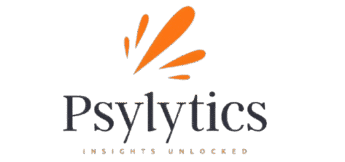Psychology is the scientific study of the mind and behavior. It explores how people think, feel, and act—both as individuals and in groups. Psychology spans many topics, from brain functions and biological processes to social dynamics and emotional health.
🔍 Main Branches of Psychology
Here are some major areas within psychology:
- Clinical Psychology – Diagnoses and treats mental illness (e.g., depression, anxiety, PTSD).
- Cognitive Psychology – Studies mental processes like memory, problem-solving, and decision-making.
- Developmental Psychology – Looks at how people grow and change over time (infancy to old age).
- Social Psychology – Examines how people are influenced by others (e.g., conformity, group behavior).
- Biological (Neuro) Psychology – Explores the link between brain activity and behavior.
- Educational Psychology – Focuses on learning methods and how people acquire knowledge.
- Industrial-Organizational Psychology – Applies psychology in workplaces to improve performance and wellbeing.
🧠 Key Concepts in Psychology
- Behavior: Observable actions.
- Mind: Internal states (thoughts, feelings, motives).
- Personality: Individual traits that make you unique.
- Consciousness: Awareness of thoughts and surroundings.
- Motivation: What drives people to act.
- Perception: How we interpret sensory information.
🧪 Psychology as a Science
Psychologists use:
- Experiments to test cause and effect.
- Surveys and questionnaires to gather data.
- Case studies for deep dives into individual behavior.
- Brain imaging (like fMRI or EEG) in neuroscience.
⚖️ Applications of Psychology
- Mental health treatment (therapy, counseling)
- Education and learning
- Marketing and consumer behavior
- Criminal investigations (forensic psychology)
- Sports performance enhancement
- Human-computer interaction
